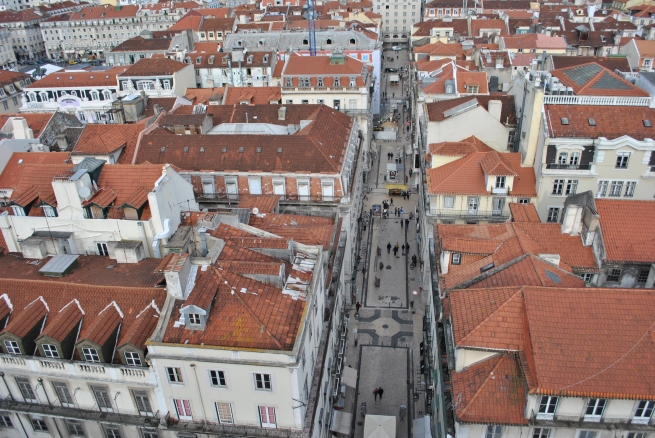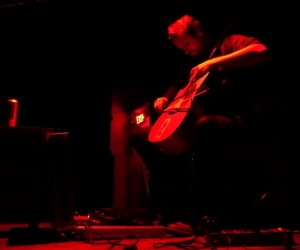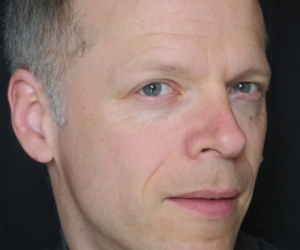
FULL TEXT AVAILABLE ONLY IN PRINT EDITION
A wolfman wanders Lisbon’s Praça do Comercio, the broad public square facing the Tagus River estuary leading to the sea. It is nearly midnight. He is bearded, shirtless, and his bare feet slap the calçadas, the white stones that pave the city. He eyes the moon, tips his head, and howls. During the wandering interludes that separate his cries, the river laps at the stone dock. Who hears?
A listener enters the Praça after descending the narrow, winding streets of the Alfama, the medieval neighbourhood dating to the Moorish occupation and famous for its Fado singers. In the deserted streets he finds it impossible to quiet his memory of a plaintive voice emerging suddenly from a bar after the door was locked and the lights extinguished. The listener waits, holding his breath in the dark, for the sound of fate (Fado), but hears instead the wolfman, his cries reminiscent of Fado—an intense sound of longing and ritual exorcism, an antique urban music of the bluest colour, belonging uniquely to Lisbon.
Read more of Richard Simas' essay on the sounds of Lisbon in the print edition.
Image by: Louise Bédard


